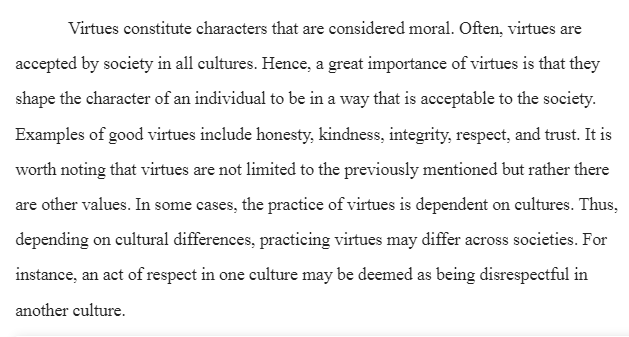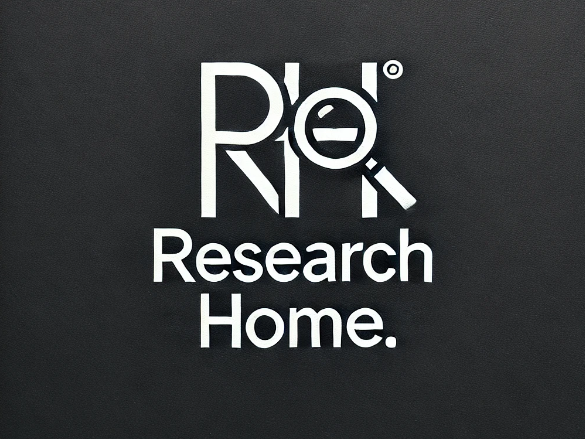Criminal Justice Professionals’ Ethics-Hypothetically, you have just started out as a criminal justice professional. You have a partner who has spent 15 years in this profession. One day while you are out with your partner, you see that he is talking to a member of the local mob. Your partner accepts a large yellow envelope and tucks it quickly into his pocket. You know that the man has a criminal record and has a history of extorting money out of the local businesses, but has never been charged with it due to lack of evidence. You ask your partner about the mobster and he tells you not to worry about it. You wonder if you should report the incident to the chief or not.
Consider the given scenario to answer the following questions.
- Discuss the virtues that affected your judgment. Why is it important to have virtues? How would you define virtue? List at least five examples of good virtues. How do these virtues develop? What role can training play in developing these virtues?
- Discuss the importance of ethics. What were the choices that you had, if any, while making the decision of telling the chief about the incident with your partner? Was the choice that you exercised based on an internalized or externalized behavior and value? Which virtues would support not reporting your partner?
You continue to question your partner about the “envelope.” Your partner finally responds and says it has been a long established tradition for local bookies to donate to the Police Athletic League and in return the cops look the other way when it comes to minor things like betting on sports.
How would you react if guided by:
-
- Ethical formalism
- Egoism
- Utilitarianism
- Ethics of care
- Which choice would you personally make, and why?
- Can ethics be taught? What role does on-the-job training play?
Answer Preview-Criminal Justice Professionals’ Ethics

